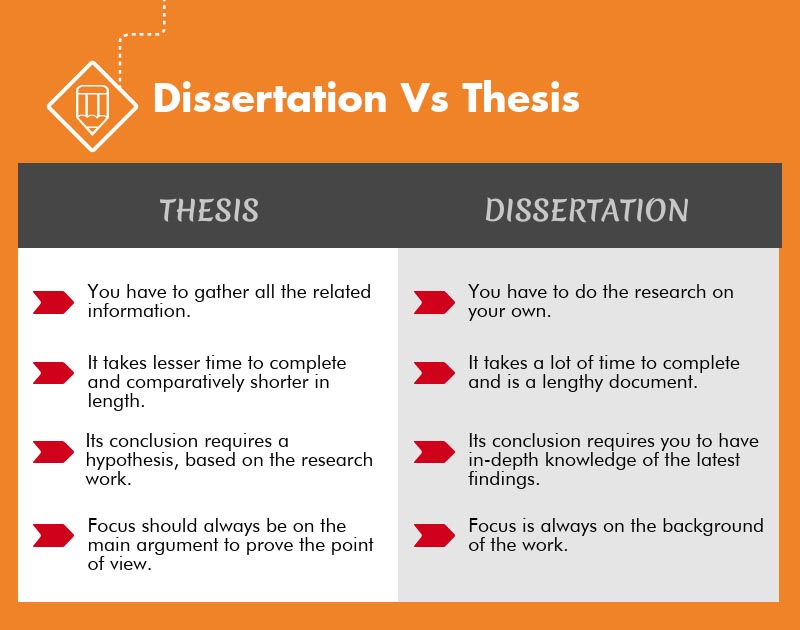The first principle of my blog is Creating Ecosystems of Success. Three key focuses are Career Discussions, General Education and Professional Development and Skills. Once starting a career, everyone has to eventually decide what their next steps will be. Is there the potential for promotion at your current position? Should you switch organizations? Should you go back to school? The following contributed post is entitled, Get Back to the Books.
* * *
You might find yourself wondering from time to time what the next steps are when it comes to your career. Are you going to stick at your job and work your way up the corporate ladder or take a chance on a whole new job.
Both have their advantages and disadvantages and both carry a certain amount of risk. However, if neither of those options appeal there is a third way and that’s going back to school. We’re not talking about studying full time necessarily, there are a number of options but instead looking at ways to either boost the professional expertise of the field you’re already in or explore a new career.
In this blog we take a look at why training up might just be the right thing for you.
Professional Qualifications
If you’ve been waiting for promotion to come your way and it’s just not happening, now is the time to get proactive.
Take a look at some of the professional qualifications associated with your industry. Would taking a course and getting some more qualifications under your belt put you in a better position? Would gaining that Florida Contractors License pay off? If the answer is yes, it’s time to put yourself out there and back into the classroom.
Don’t waste your time doing qualifications just for the sake of them. Pick the ones that are recognised in your area and will allow you to leverage them for promotion or at the very least, better pay.

Image courtesy of Pixabay: CC0 licence
Distance Learning
One of the biggest dilemmas about studying is squeezing it in around your working life. This is made particularly hard if the qualification has nothing to do with your current job. One of the best options you can consider is a distance learning course from a reputable education facility.
These courses often offer part time study that fits around your schedule. While you may need to travel to an exam centre once a year or so, that should be the only time off that you’ll need to schedule. While it often takes a little while longer to complete the course, the pressure of trying to get it all done in a short amount of time is off of your shoulders.
Consider this option a long term investment into your future.
Evening Classes
The final study option is evening classes. Use these to access higher education courses later on down the track. If you’re struggling to pay for your training, consider asking the company you work for help. If your course can, in any way, help you in your current position you may be able to persuade them to subsidise your study.
If that isn’t an option for you, you may find that many education centres offer bursaries and grants for more mature students or those studying for specific industries – nursing or education for example.
When you want to change your working world, think about how education might help you achieve your next goal.









